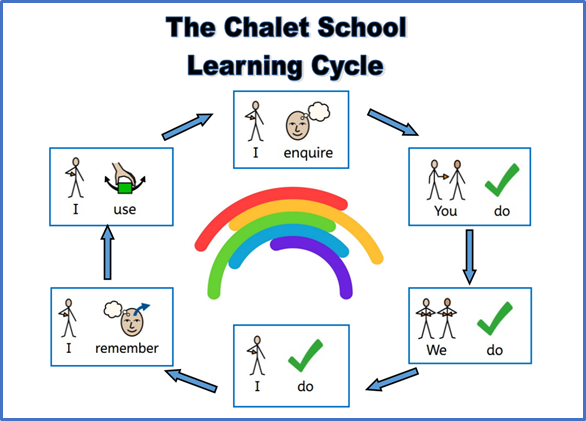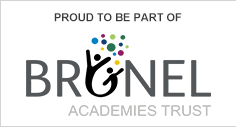Curriculum Impact
Measuring Progress and Impact at The Chalet School
At The Chalet School, we understand that progress is individual, and that success looks different for everyone. Our pupils present with a range of needs that may impact their development in all areas of the curriculum and that their progress is a journey filled with inevitable diversions, pauses and, occasional steps back, rather than a linear trajectory from start to finish. Our assessment processes are therefore equally adaptable and dynamic.
We use both qualitative and quantitative data to measure progress and to plan for next steps. Whether it be recorded on our online assessment tool, reported to parents, or via a certificate awarded in our weekly celebration assembly, The Chalet School recognises all wins and encourages pupils to not only take pride in their own successes, but also to acknowledge and congratulate their peers for theirs.
Overview
At The Chalet School, we recognise that measuring pupil progress requires a flexible, holistic, and individualised approach. Progress is not solely academic—it encompasses communication, social interaction, emotional regulation, physical development, and independence. Assessment systems are adapted to reflect the diverse needs and starting points of pupils, ensuring that every achievement is recognised and celebrated.
Key Principles
|
Personalised: Pupil progress is measured against our curriculum assessment framework and individual EHCP outcomes.
Holistic: We view the pupil as a whole and consider all aspects of their educational journey. Our school community all contribute to each pupil’s progress.
Developmental: We recognise small steps and non-linear progress.
Inclusive: All pupils are supported to achieve meaningful outcomes, regardless of ability or diagnosis.
|
 |
Methods of Assessment
|

|
1. Baseline Assessments
- Each pupil who joins The Chalet School is assessed in order to establish starting points.
- This process may include teacher observations, parent/carer input, and specialist assessments.
2. EHCP outcomes
- EHCP outcomes are key indicators of progress for our pupils and are shared with the whole class team. These are monitored for progress and updated when necessary.
- EHCP outcomes are formally reviewed as part of the annual review process each year.
|
|
3. Formative Assessment
- This takes the format of daily observations, learning journals, and annotated work.
- Staff record visual evidence (e.g. photos, videos) to capture engagement and achievement.
4. Summative Assessment
- Termly progress reviews using the Earwig online assessment tool.
- Pupil progress is tracked in small steps according to our four curriculum pathways:
   
|
|
5. Pupil Voice and Engagement
- Our learning cycle places pupil voice at the centre of their educational journey. We encourage pupils to question, explore and express their experiences.
- Assessment evidence includes information on how pupils respond to learning, express preferences, and show independence.

|
|
- Our Chalet School Council meets once a term which provides pupils with an opportunity to advocate for themselves and their peers on all matters relating to their school experience.
|

|
|
6. Whole School Community Input
- Our therapy team, comprising SaLT, OT and Play Therapy, contribute to progress reviews. They also write reports containing recommendations for annual reviews.
- Effective communication between home and school ensures that progress can be monitored and celebrated across all aspects of pupil development.
|
 |
Reporting Progress
- Progress reports are shared with families through termly reports, annual reviews, and informal updates.
- Progress is celebrated through assemblies, displays, and articles in our termly newsletter.
Impact
|
|
This approach ensures that:
- Every Chalet pupil’s progress is visible, valued, and celebrated.
- Staff can use data from assessment in future planning of both individual outcomes and long- term curriculum plans.
- Families are engaged and informed partners in their child’s learning journey.
- Education, Health and Care Plans are up to date and accurately reflect the pupil’s individual progress.
- Effective baselining ensures pupils receive appropriate levels of support.
- Input from therapy teams ensures a multi-disciplinary approach.
- Transitions to next academic provisions are carefully planned and communicated.
- Appropriate resources are available that reflect pupils’ age and stage.
- Chalet School pupils are recognised as individuals who are each an integral part of our amazing school community!
|

|















